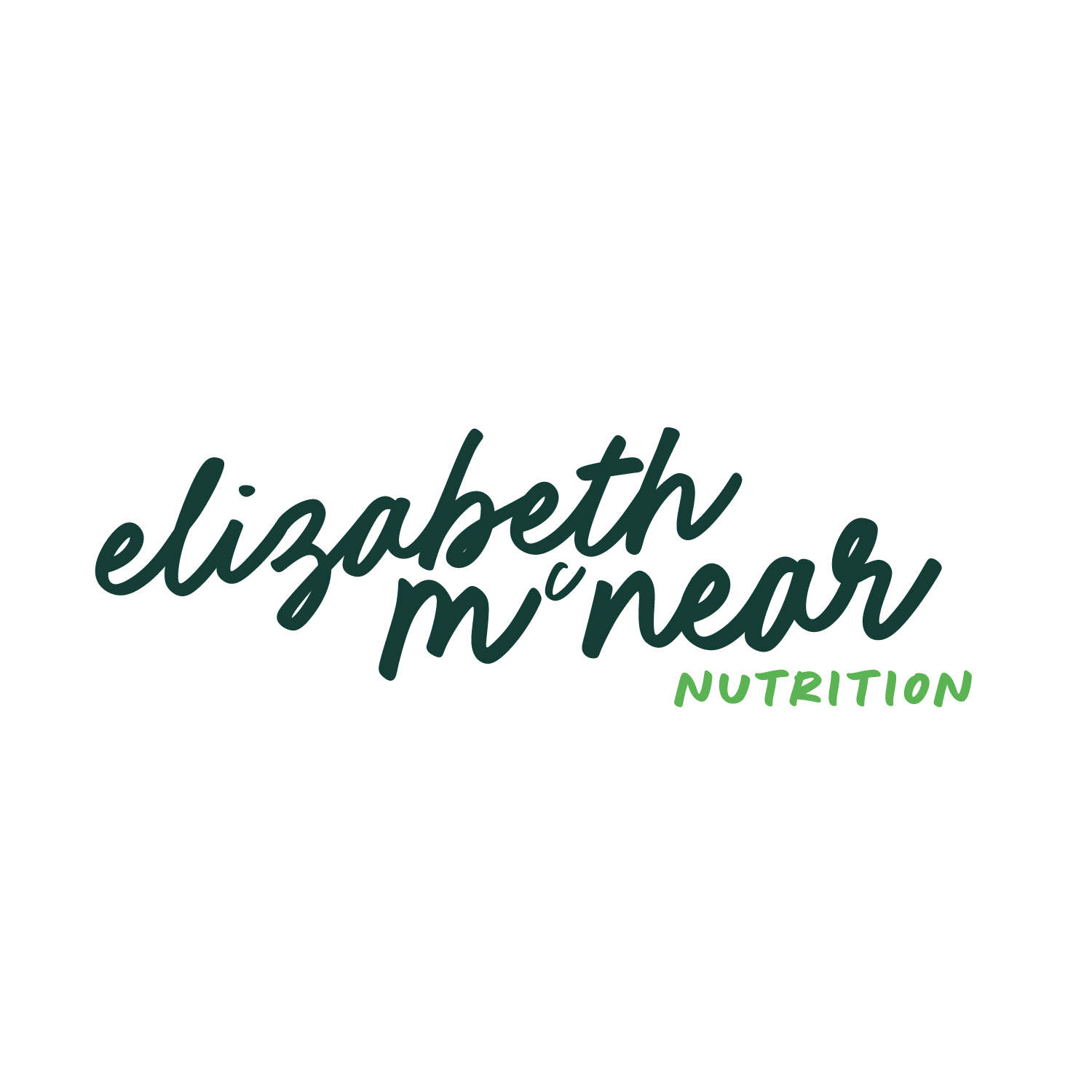Don’t Let Menopause “pause” your gains!
Ever feel like your body is hitting the "pause" button on your hard-earned muscle gains? You're not alone, and it's not just in your head. Menopause often brings hot flashes, mood swings, and a bit of a sleep roller coaster. But here's something many women are surprised to discover: it can also seriously impact your muscles. If you've noticed your strength dipping, your usual workouts not quite hitting the same, or just finding everyday stuff a bit tougher, those hormonal shifts might be the sneaky culprit.
Missing Muscle? Why Estrogen Matters:
The main reason your muscles might feel like they're going on an uninvited vacation during menopause is the drop in estrogen. We often think of estrogen for its role in our reproductive health, but it's actually a total MVP when it comes to keeping our muscles strong and healthy. It plays a vital role in fixing and building muscle tissue. When estrogen levels take a nosedive during perimenopause and menopause, that protective effect goes with it, leading to a faster loss of muscle, a condition known as sarcopenia.
And trust me, this isn't just about whether you can still lift that heavy grocery bag (though that's certainly part of it!). Losing muscle can really change your daily life. It can slow down your metabolism, making it harder to keep your weight in check. It also ups your risk of falls and even fractures, because strong muscles are key for balance and supporting your bones. Plus, those simple things – getting out of a chair, walking up a flight of stairs – can suddenly feel like a major workout.
The hormonal changes of menopause are pretty much a given. But the amount of muscle you lose? That's definitely something you can control! What you put on your plate plays a huge role in helping you keep your strength and vitality. Here are a few tips to help you fight back against muscle loss during menopause.
Protein, protein, protein!
As we all know, protein is the ultimate building block for your muscles. When estrogen levels decrease, your body just isn't as good at using protein to build muscle, which means... you guessed it, you need more of it! Aim for high quality protein sources with every single meal. I’m talking lean meats, chicken, fish, eggs, dairy like Greek yogurt or cottage cheese, and plant-based proteins like tofu, tempeh, lentils, and beans.
Timing is also important. Don’t just save all of your protein for dinner. Try to spread it out throughout your day. This gives your muscles a steady supply of what they need to repair and grow. Make sure you are getting a protein packed breakfast and lunch, not just a steak dinner! A good rule of thumb is aiming for about 20-30 grams of protein per meal, but everyone's a little different! 20-30g of protein looks like 3 eggs with 2 turkey sausage links, 3-4oz smoked salmon with 1 Tbsp light cream cheese, or 4-5oz cooked chicken.
Don’t forget about Vitamin D and Calcium
We usually hear about Vitamin D and calcium for strong bones, but they are also super important for your muscles! Vitamin D receptors are actually found in your muscle tissue, and good levels of D are linked to better muscle strength and how well you move. Calcium is an essential component in proper muscle contraction.
Load up on calcium-rich foods like dairy products, fortified plant milks, leafy greens (kale, spinach), and fortified cereals. For Vitamin D, fatty fish like salmon or mackerel are great, as are fortified foods. It's also worth having a chat with your doctor about a supplement, as many women are low on Vitamin D, especially if you don't get much sun.
Don’t forget about carbs!
While protein is the star, it is important to not forget about carbohydrates. They're your body's main energy source, super important for fueling your workouts, and for refilling your muscle's energy stores afterwards. If you don't eat enough carbs, your body might actually start breaking down muscle for energy – and we definitely don't want that!
Include plenty of complex carbs like whole grains (oats, brown rice, quinoa, whole wheat bread), fruits, and a variety of veggies. These give you sustained energy, fiber, and are packed with vitamins and minerals. Try to limit those highly processed carbs and sugary drinks, as they don't offer much in the way of nutrition and can contribute to excess calories and weight gain.
If you are interested in supplementing your diet to assist with even more muscle maintenance, check out my previous post on creatine!
Xo,
Elizabeth
P.S. If you are ready to start dominating your health goals, go here to set up your free discovery call and book a package.


